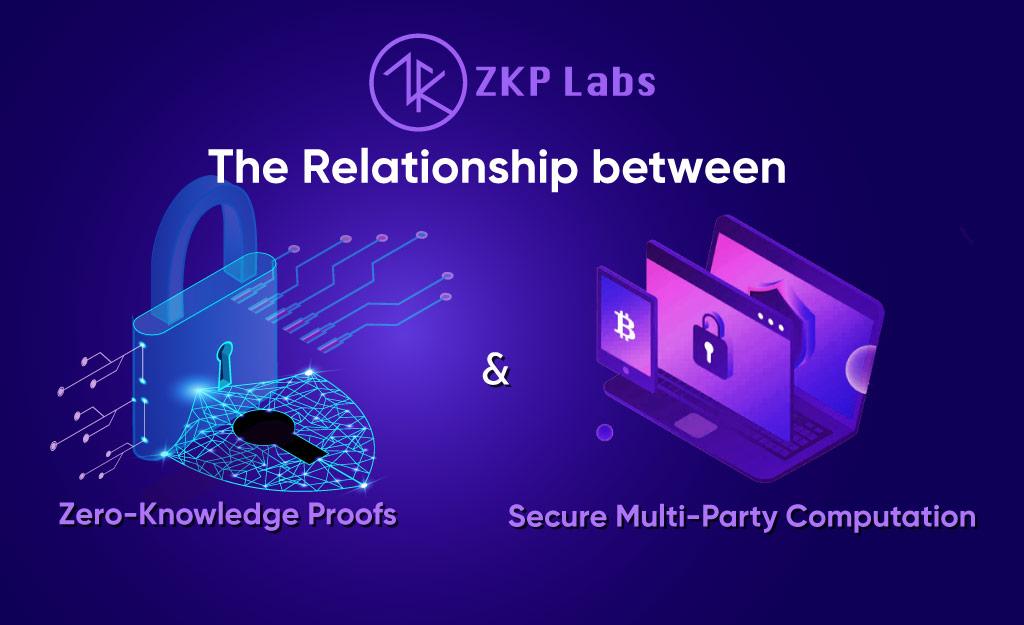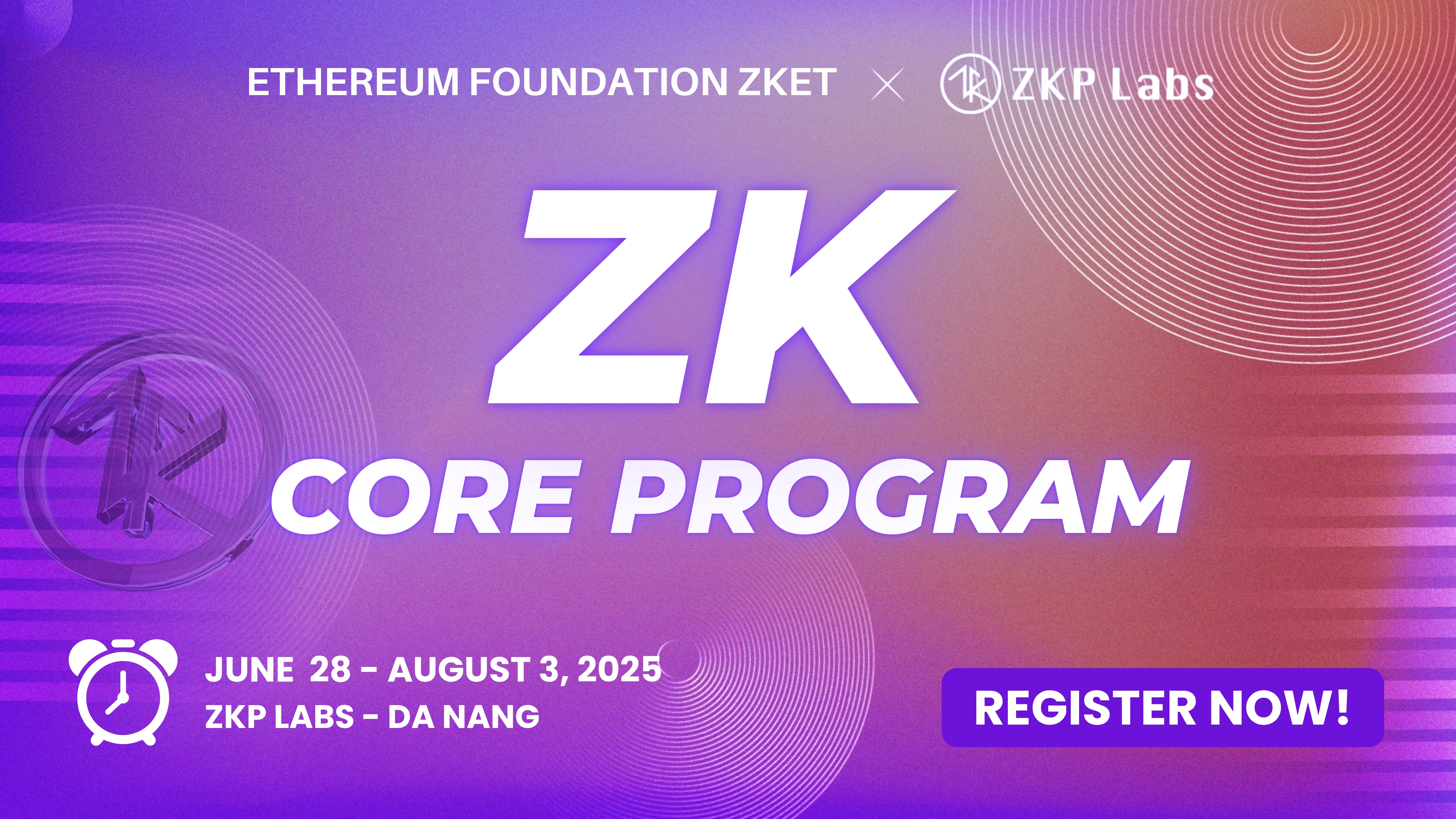The Relationship between Zero-Knowledge Proofs and Secure Multi-Party Computation
Table of Contents

Zero-knowledge proofs (ZKPs) and Secure Multi-Party Computation (SMPC) are two cryptographic techniques that are becoming increasingly popular in various industries, including finance, healthcare, and supply chain management. Both techniques are designed to provide a high degree of security and privacy, and they can be used together to create even more robust security solutions. In this article, we will discuss the relationship between zero-knowledge proofs and secure multi-party computation.
What is Zero-Knowledge Proof?
Zero-knowledge proof (ZKP) is a cryptographic technique that allows one party (the prover) to prove to another party (the verifier) that they know a specific piece of information without revealing the information itself. In other words, a ZKP allows a prover to prove that they possess knowledge of a secret without revealing that secret to the verifier.
ZKPs have become an essential component of blockchain systems, particularly in the context of privacy-focused cryptocurrencies like Monero and Zcash. In these systems, ZKPs allow users to prove that they have a certain amount of cryptocurrency without revealing how much they actually have.
What is Secure Multi-Party Computation?
Secure Multi-Party Computation (SMPC) is a cryptographic technique that allows multiple parties to compute a function on their inputs without revealing their inputs to each other. In other words, SMPC allows multiple parties to collaborate on a computation without revealing their private data to each other.
SMPC is becoming increasingly popular in various industries, including healthcare and finance, where it is used to compute sensitive information without revealing that information to unauthorized parties. For example, in healthcare, SMPC can be used to compute statistics on patient data without revealing the individual patient data to other parties.
The Relationship Between Zero-Knowledge Proofs and Secure Multi-Party Computation
Zero-knowledge proofs and secure multi-party computation are related in that they both rely on cryptographic techniques to ensure the privacy and security of data. These techniques can be used together to create even more robust security solutions.
One way in which ZKPs and SMPC can be used together is through the use of ZKP-based SMPC protocols. In these protocols, multiple parties collaborate on a computation using SMPC techniques, and the final result of the computation is verified using ZKP techniques. This allows the parties to compute a function on their inputs without revealing their inputs to each other, and to prove that the final result is correct without revealing the intermediate steps of the computation.
Another way in which ZKPs and SMPC can be used together is through the use of ZKP-based secure data sharing protocols. In these protocols, multiple parties share data with each other using ZKP techniques to prove that they possess the data without revealing the data itself. The parties can then use SMPC techniques to compute a function on the shared data without revealing the individual data points to each other.
The Benefits of Using Zero-Knowledge Proofs and Secure Multi-Party Computation Together
The use of zero-knowledge proofs and secure multi-party computation together provides several benefits:
- Enhanced Privacy: By using these techniques together, parties can collaborate on computations or share data without revealing their inputs or data to each other, providing enhanced privacy.
- Increased Security: These techniques also provide increased security by ensuring that the computations or data sharing are performed correctly without revealing any sensitive information to unauthorized parties.
- Flexibility: The use of ZKPs and SMPC together provides greater flexibility in designing security solutions that can be tailored to specific use cases.
- Scalability: These techniques can also be used to create scalable security solutions that can accommodate multiple parties and large amounts of data.
Challenges in Implementing Zero-Knowledge Proofs and Secure Multi-Party Computation
While the use of zero-knowledge proofs and secure multi-party computation together provides several benefits, there are also challenges in implementing these techniques:
- Complexity: Implementing these techniques can be complex and require specialized knowledge of cryptography.
- Performance: These techniques can be computationally intensive and may require significant processing power, which can be a challenge for some applications.
- Interoperability: Ensuring that these techniques are compatible with existing systems and infrastructure can be a challenge.
Conclusion
Zero-knowledge proofs and secure multi-party computation are two powerful cryptographic techniques that can be used together to provide enhanced security and privacy. These techniques can be used to create scalable and flexible security solutions that can be tailored to specific use cases. While there are challenges in implementing these techniques, the benefits they provide make them a valuable tool for ensuring the security and privacy of sensitive data in various industries. As the use of these techniques continues to grow, it is essential to maintain a focus on building systems that are transparent, auditable, and secure, with robust encryption and authentication mechanisms.
About ZKP Labs
ZKP Labs is a non-profit organization that focuses on building a vibrant and supportive community in Southeast Asia dedicated to the advancement of Zero-Knowledge Proof (ZKP) technology. Through events, workshops, and training programs, we strive to create an environment that fosters collaboration, knowledge-sharing, and growth, empowering community members to contribute to the development and adoption of ZKP.
Categories
Event Recap
5
Zero Knowledge Proofs 101
32
Top Posts
1
How to start learning ZKPs as a beginner?
02 March 2023
2
Announcing the ZKP Advocacy Program Powered by Mina Foundation: Your Path to Zero-Knowledge Mastery
24 October 2024
3
What Jobs Can You Do About ZKPs?
15 March 2023
4
A Beginner's Guide to Understanding the Different Types of Zero-Knowledge Proofs
24 February 2023
5
Cơ chế và tác động của hành động làm giá trong thị trường tiền điện tử
21 December 2023
6
Khi Nào Zero-Knowledge Proofs Có Ích?
17 March 2025
7
Phân tích lỗ hổng lớn trong mạng zkEVM của Polygon
06 December 2023
8
Phân tích hành động lái giá: Tại sao hầu hết giá của dự án đều giảm?
21 December 2023
9
Hiểu về Plonky2: Một Framework SNARK hiệu suất cao dựa trên Rust
27 March 2025
10
Tìm kiếm cơ hội đầu tư vào Blockchain mô-đun
21 December 2023
Tag
Zero Knowledge Proofs


